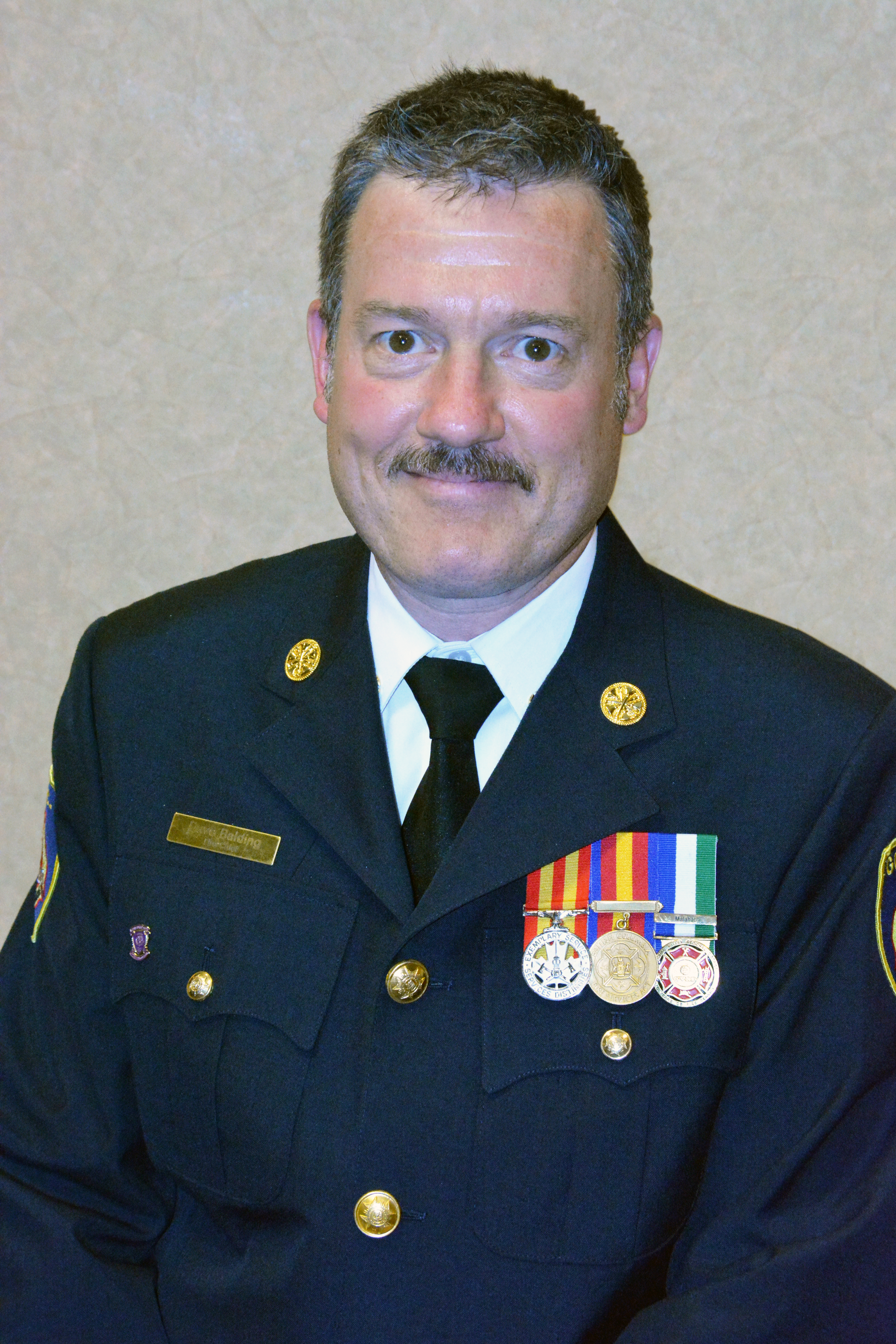
Features
Health and wellness
Inside the hall
Leadership
Opinion
Firelines: Resilience and firefighter culture
June 4, 2020
By Dave Balding

A vital personal quality, within our personal and fire fighting lives, is resilience. I personally learned its value through a recent period of challenge, change and growth. Resilience has proven to be a quality that does not simply appear in one’s life without hard work. The Oxford dictionary defines resilience as the ability to “withstand or recover quickly from difficult conditions.”
While resilience is now a popular buzz word, it was always part of a formula for enduring difficulties. Personal resilience is formed through a blend of positive attitude, optimism, emotional stability, and an innate ability to learn from setbacks.
Personal resilience can be grown. Much as we derive lessons and coping strategies from drills, build muscle memory and become stronger in our profession, we also have the capacity to transfer these skills into personal life experiences. Akin to great training, we cannot simply cheerlead ourselves through such events. A good training session has support for the learner as do life’s exercises. No firefighter (at any level) is expected to self-teach critical skills or even reinforce existing ones. On the contrary, the team environment within the fire service has provided the necessary support and guidance to cultivate success for new learners and accomplished members alike. Similarly, navigating life’s experiences need not (nor should be done) solo.
We continue to gain awareness around the importance of self-care in all aspects. Clearly diet, exercise and lifestyle have a short and long-term impacts on our wellbeing and consequently on our role within our department. Mental health awareness and care, thankfully, are now gaining that same recognition. As healthy members of our organizations, we are better able to contribute to their effectiveness and group health — resilience being a component of that.
Fire service organizations traverse many types of challenges; some small, others significant. These opportunities for learning may be ongoing or single events. A seemingly everyday event, such as member attrition, may take a toll on an organization but provide opportunities for growth as well.
The value of succession planning quickly shines through, as does the opportunity for advancement by deserving members. Budgetary challenges, while seldom welcome and invariably uncomfortable, have an upside in terms of learning new efficiencies. Singular events such as significant responses and ‘near misses’ present opportunities for learning and team growth, ultimately contributing to our collective resilience.
I would be remiss not to mention the current climate every one of us is living, working and responding in with respect to the pervasive virus taking the world by storm. While incredibly challenging, we as a fire service continue to draw upon previous lessons learned, while innovating new solutions and navigating this extraordinary experience. Over time, a sense of pride and growth — vital to the resilience and progress of our members and departments — will be fostered. For example, I often reflect on British Columbia’s unprecedented wildfire season of 2003 from which many lessons were learned, which, as a provincial service, better prepared us for the more prolific wildfire seasons of 2017 and 2018.
A key quality in leaders, also a component of resilience, is a positive outlook. This optimism is contagious within our departments and contributes to our team’s resilience. A ‘can do’ attitude must also be tempered with reality.
Can we as leaders easily control or manipulate firefighter culture? In a word, my humble offering is no. The comedic adage “meetings will continue until morale improves” is testament to that. As leaders, it’s incumbent on us to encourage and grow the positive aspects of culture within our teams and do what we can to limit or modify behaviours that may detract from a healthy culture. This is largely accomplished through adopting those components of personal resilience: a positive attitude, optimism, emotional stability, and an innate ability to learn from setbacks. These individual contributions to resilience have an inherent effect on the very reason for our profession. Resilience helps us personally and collectively survive, but more importantly, move beyond the status quo and thrive.
Dave Balding has been a member of the fire service since 1985, spending 26 years as a volunteer on Vancouver Island. He is an instructor for the Beyond Hoses & Helmets leadership course and most recently served as fire chief for Golden Fire Rescue. Contact Dave at fireguydave6@gmail.com and follow him on Twitter at @FireChiefDaveB
Print this page
Advertisement
- Comms Centre: Changing and adapting
- Thunder Bay fire department ordered to reinstate trainee firefighter